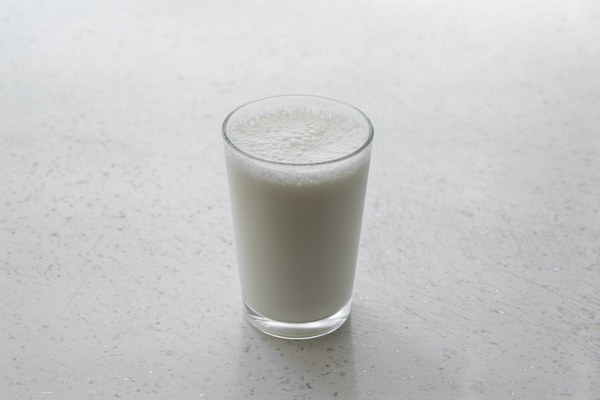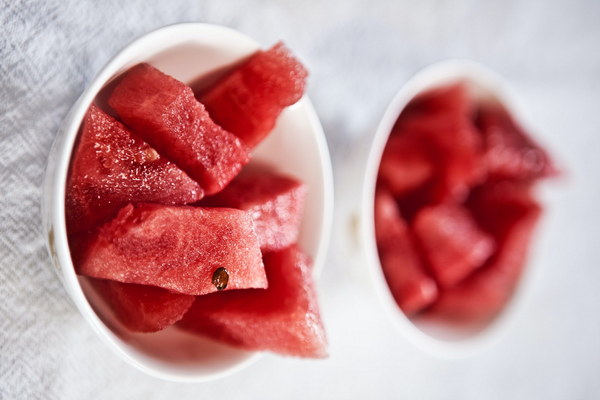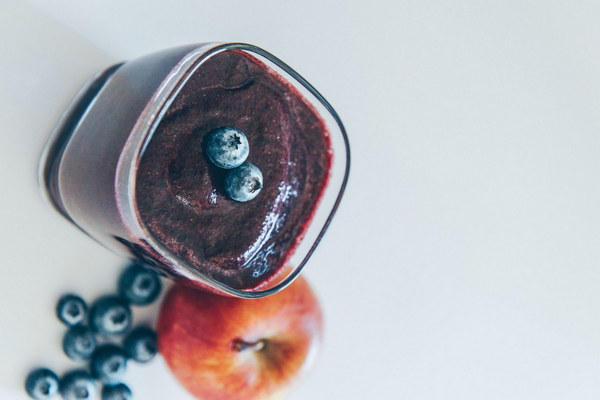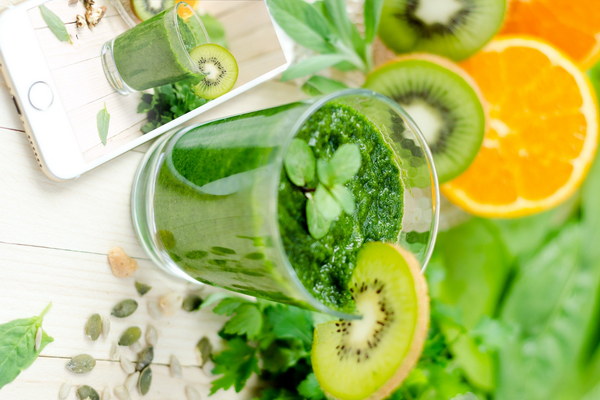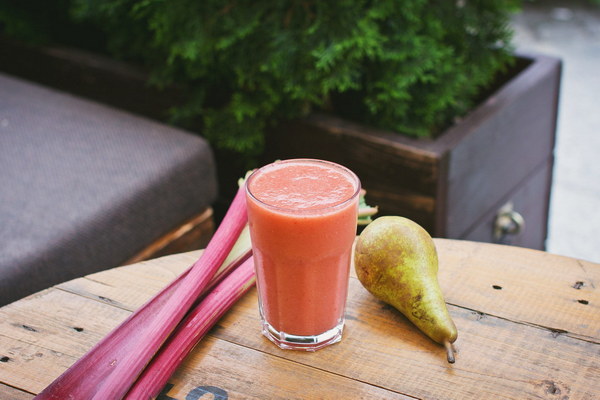Best Supplements for a Small-for-Date Fetus Nurturing Your Baby's Growth
Introduction:
When faced with the news that your baby is small for their gestational age, it can be a worrying time. However, with proper care and attention, you can support your baby's growth and development. This article explores the best supplements for a small-for-date fetus, providing you with valuable insights to ensure your baby receives the necessary nutrients for healthy growth.
1. Folic Acid:
Folic acid is essential for the development of the neural tube, which eventually becomes the baby's brain and spinal cord. Taking folic acid supplements throughout pregnancy is crucial, especially for women who are pregnant with a small-for-date fetus. The recommended dosage is 400 to 800 micrograms of folic acid daily, starting from at least three months before conception and throughout the pregnancy.
2. Iron:
Iron deficiency is a common issue among pregnant women, and it can exacerbate the problem of a small-for-date fetus. Iron is vital for the production of hemoglobin, which carries oxygen to the baby. To support your baby's growth, consider taking an iron supplement, such as ferrous sulfate or ferrous gluconate. The recommended dosage is typically 27 to 60 milligrams of elemental iron daily, but it's essential to consult with your healthcare provider for personalized advice.
3. Calcium:

Calcium is essential for the development of your baby's bones and teeth. Adequate calcium intake can also help prevent preterm labor and reduce the risk of preeclampsia. A small-for-date fetus requires additional calcium to support their growth. Aim for 1000 to 1300 milligrams of calcium daily, sourced from dietary sources like dairy products, leafy greens, and fortified foods. If you're struggling to meet your calcium needs through diet alone, consider a calcium supplement, but always consult with your healthcare provider first.
4. Vitamin D:
Vitamin D plays a crucial role in calcium absorption and bone development. It is also essential for the baby's immune system and overall growth. Many pregnant women are deficient in vitamin D, especially those who live in regions with limited sun exposure. Aim for 600 to 800 international units (IUs) of vitamin D daily. You can obtain vitamin D through sunlight, dietary sources like fatty fish, egg yolks, and fortified foods, or by taking a vitamin D supplement, but it's important to consult with your healthcare provider for appropriate dosage.
5. Protein:
Protein is the building block of life, and it's essential for your baby's growth and development. Ensure you're getting enough protein in your diet by consuming lean meats, poultry, fish, dairy, eggs, legumes, and nuts. If you're struggling to meet your protein needs, consider a protein supplement, such as whey protein isolate or plant-based protein powders. Aim for 71 grams of protein daily for pregnant women, but consult with your healthcare provider for personalized advice.
6. Omega-3 Fatty Acids:
Omega-3 fatty acids, particularly docosahexaenoic acid (DHA) and eicosapentaenoic acid (EPA), are crucial for brain and eye development. Fish oil supplements are a great source of omega-3 fatty acids, but it's important to choose a high-quality supplement to avoid contaminants like mercury. Aim for 200 to 300 milligrams of DHA daily, but always consult with your healthcare provider for personalized advice.
Conclusion:
Supporting a small-for-date fetus with the right supplements can help ensure your baby's healthy growth and development. It's crucial to consult with your healthcare provider before starting any new supplements and to maintain a balanced diet rich in essential nutrients. By prioritizing your baby's nutritional needs, you can provide them with the best possible chance for a healthy start in life.
